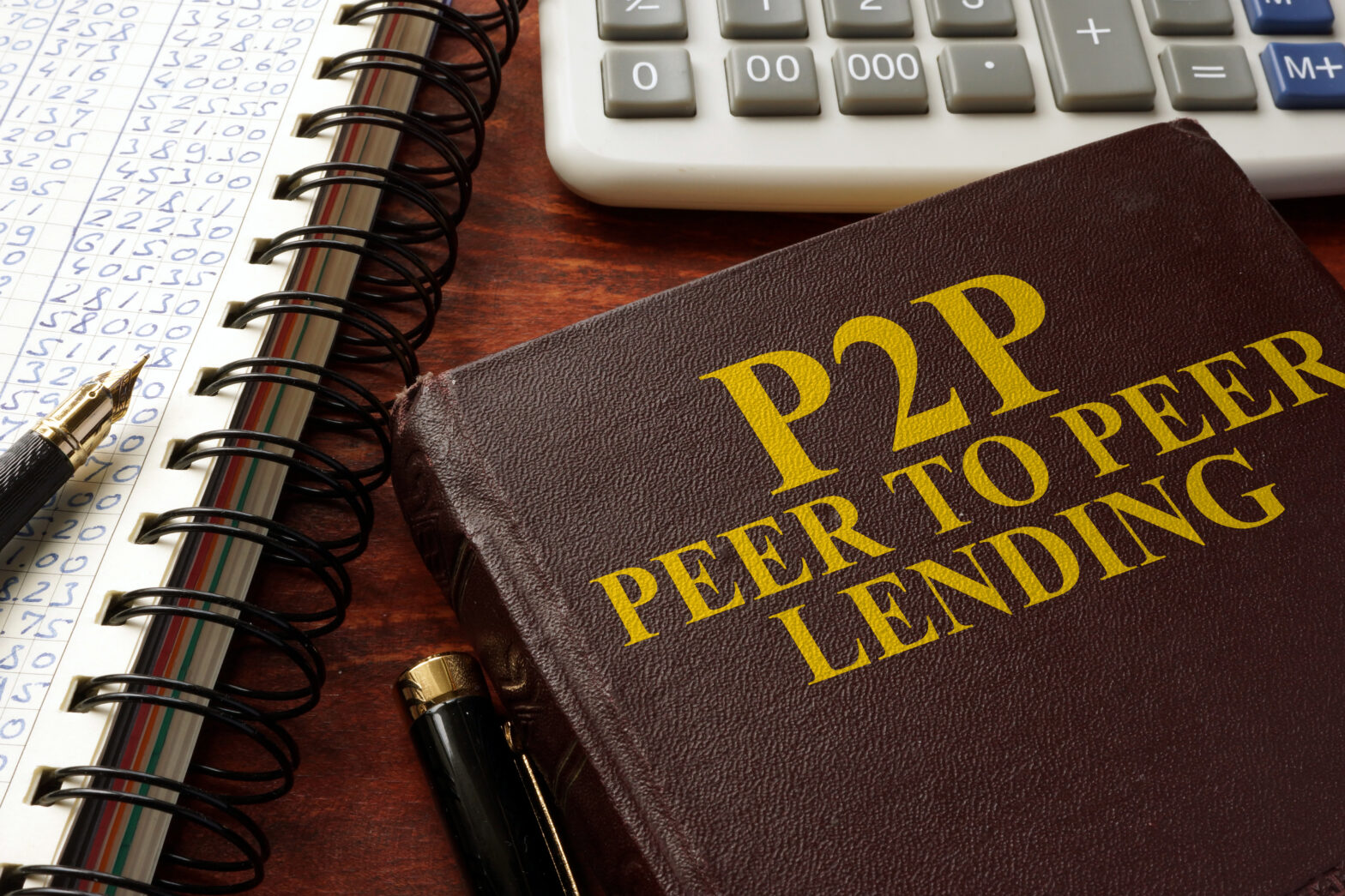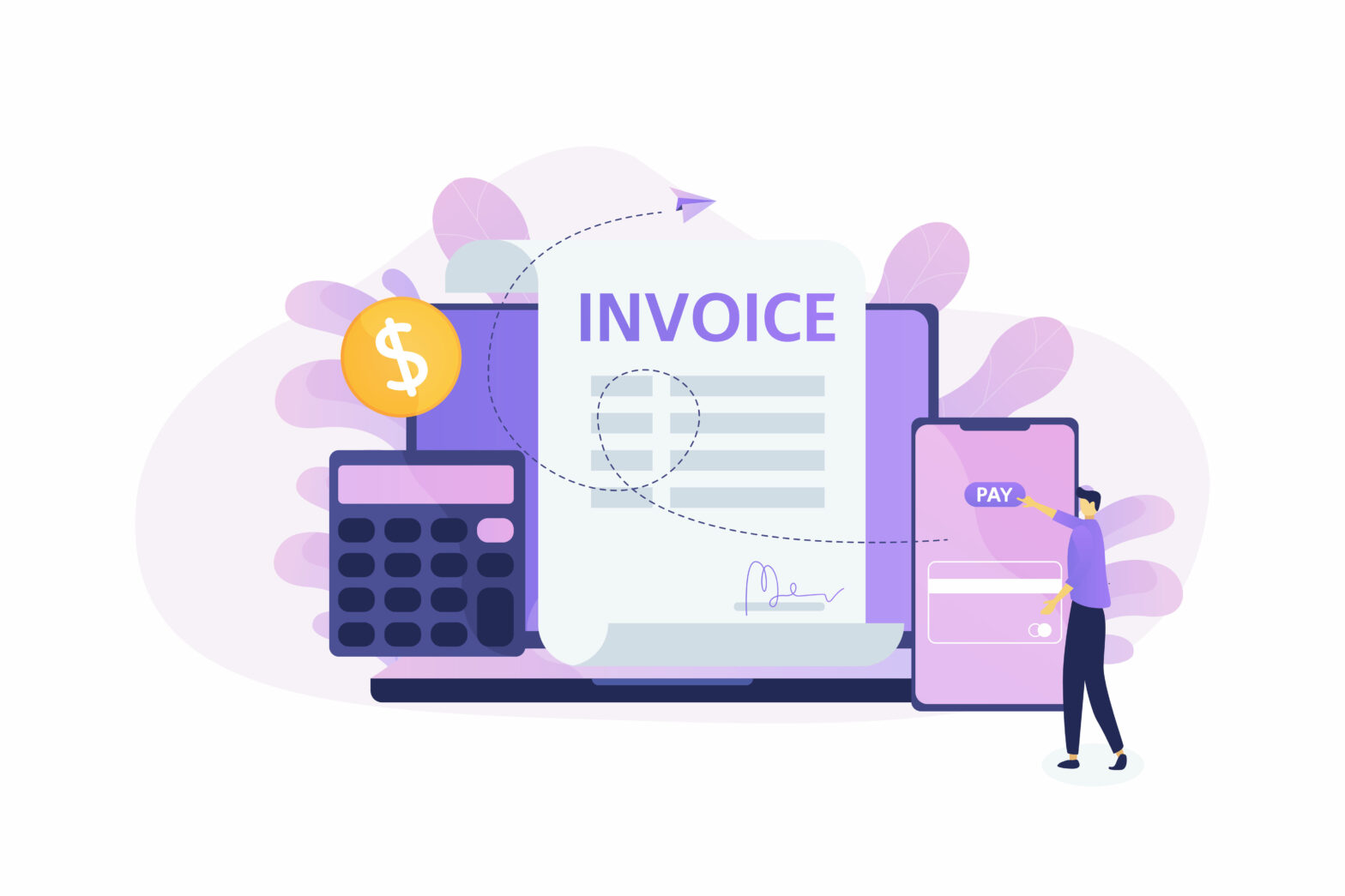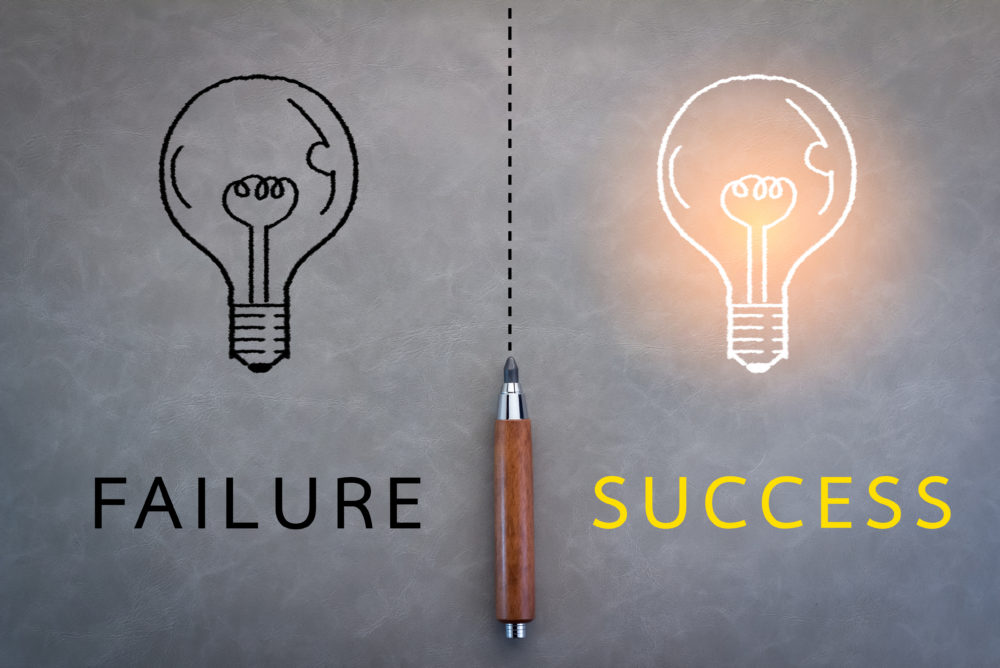What is Islamic finance?
Islamic finance is a means of funding or banking money in a way that respects the principles of Sharia law, guided by Islamic economics. In Arabic, Sharia means the clear, well-trodden path to water. The fundamental principle of Islamic finance is to avoid any financial activities which could be deemed either harmful (Haram) or risky for the user.
The main difference between Islamic finance and standard finance is that charging interest in forbidden. Conventional banks and lending facilities earn money by charging fees and monthly interest charges for borrowers.
The principle features of Sharia-compliant finance are:
- A ban on what the Koran refers to as “riba” and we would call paying interest
- Sharing losses as well as profits
What is Sharia-compliant finance?
Sharia-compliant finance bans excessive risk or uncertainty, as well as restricting any form of gambling or speculation.
Businesses involved in the activities below cannot use Islamic finance:
- Alcohol
- Gambling
- Tobacco
- Pork
- Entertainment such as music, TV or cinema
- Pornography
- Arms sales
Do you have to be Muslim to use Islamic finance?
No, you do not have to be Muslim as long as your business is halal (allowed) or promotes a social good.
What kind of small business suits Islamic finance?
Islamic finance dictates that a business should provide some form of benefit to the community at large, rather than just making a profit.
Are there any advantages to Sharia-compliant funding?
When you get a loan from a conventional bank and things go wrong, the lender’s main priority is to recover its money, even if that means leaving the entrepreneur stranded. Islamic banks, on the other hand, are obliged to share in both the risks and the rewards.
>See also: 150 UK small business grants to apply for right now – UPDATED
What does Islamic finance mean in practice?
Musharaka
The most used instruments of Sharia-compliant funding are profit and loss sharing schemes (musharaka). The finance provider takes some ownership, or equity, in the business, allowing it to benefit to share in profits made. However, any losses are also shared in proportion to each partner’s investment capital.
Ijara
Another arrangement is ijara, which permits the financial institution to earn a profit by charging leasing rentals instead of lending money and earning interest.
Murabaha
A murabaha agreement is a form of Islamic finance contract, in which an asset is sold for cost plus profit. It is considered both halal (permitted) and Sharia-compliant.
A basic murabaha agreement gives the small business owner the resources they need to develop their business. These resources are assets they can put to work in the business, such as plant and machinery or inventory. Under a murabaha transaction, the financial institution is not permitted to charge interest on finance. Instead, the provider simply purchases an asset of the business and then sells the asset back to the business owner, along with a single additional charge. This single fixed fee is, of course, pre-agreed between both lender and entrepreneur.
If a small business defaults on repayments, late payment charges are allowed. However, the financial institution must distribute the amount of any late payment charges received by it — after deduction of its actual costs — to any charitable foundations that may be selected at the discretion of the Sharia Supervisory Board.
What are the drawbacks of Islamic finance?
With some financial aspects of Shariah law open to interpretation, some instruments may be offered by some institutions, but not by others.
Some non-Muslim clients could also find that conditions imposed by Islamic banks prevent them from taking advantage of immediate opportunities. This is because speculation or taking advantage of short-term market trends is outlawed, which gives the Islamic banking sector greater stability, but also slows the pace of product innovation.
Where can I find Islamic finance in the UK?
The UK has led the way in Islamic finance, allowing the creation and implementation of several pure Islamic banks including:
Bank of London and Middle East
Furthermore, several UK mainstream banks have opened Islamic windows, including Barclays, Lloyds and HSBC.
And last July, Qardus, a crowdfunding platform for Islamic finance, launched for small business. Qardus hopes to arrange between £2m and £2.5m worth of Islamic finance over the coming year.
Is Islamic finance regulated?
The UK has adapted pre-existing legislation to accommodate structures commonly used in Islamic finance. Rules governing Sharia-compliant funding products and services are set out in the Finance Act 2005, amended by the Finance Act 2007 as regulated by the Financial Conduct Authority.
Why don’t more non-Muslim entrepreneurs use Islamic finance?
Nada Jarnaz of law firm Howard Kennedy believe the main barrier is psychological. It is not easy to accept a new system when you think that the existing one is unique and perfect. However, if a business or project meets Shariah requirements, Jarnaz sees no reason why any SME should not request funding from an Islamic bank or financial institution. Specifically, Qardus, says it is open to approaches from non-Muslim owned businesses providing they meet Sharia principles promoting social good.








